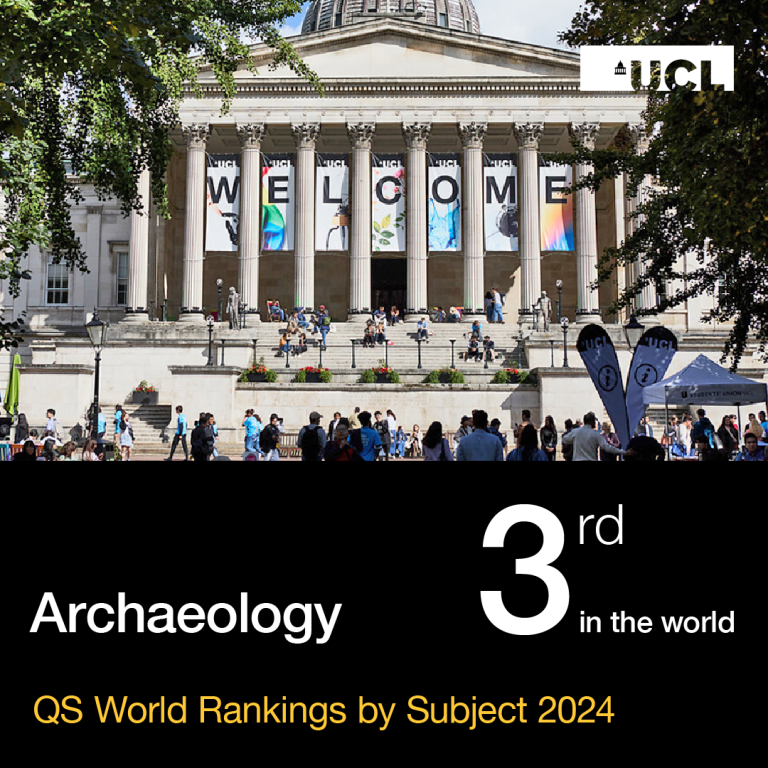This module introduces principles of information science and their application to archaeology.
The areas covered include database management and design, handling unstructured and structured data, crowd sourcing, text and web scraping and analysis, data mining, and basic design of broader computer applications and apps for smart phones and other devices. The module is intended to provide a basic understanding in core principles and practical application on how emerging technologies and methods can be applied to archaeological problems. Python will be used to teach basic concepts in applied methods, but the techniques taught can be applied to other software languages and tools. In addition to covering the basics of computing techniques, lectures will cover how these techniques have been used in archaeology and other fields, including benefits and limitations. The module will also utilize hands on training and practicals to reinforce methods and techniques taught.
Module Aims
The aim is to introduce students to key concepts in data/information science as they appy to archaeology. With increased use of technologies and increasing availability of data and data repositories, archaeologists need techniques and methods to understand how to promote their work in a modern format to other researchers and the public, while also utilizing information to make new and deeper understanding into archaeological problems. This includes being aware of current technical tools that are available as well as enabling students to begin to produce their own tools to solve problems of interest.
Learning Outcomes
By the end of the module, students will have:
- a basic understanding of fundamentals in data management, text and web scraping, handling unstructured and structured data
- experience with computer vision, and awareness of machine and deep learning
- knowledge of how the variety of tools and methods apply to archaeology and other related fields
Teaching Methods
The module will be delivered via lectures and seminars, while practicals will also be used as a means to give examples of the key contents taught. The practical time will be used to create scripts, programs, and use software to address issues raised in lectures and seminars. Students will be asked to create a final research project assignment that will emphasize a more elaborate version of concepts taught in the module. All software will be open source, allowing students to use methods and technologies long after they leave UCL.
Students need sufficient background knowledge for this module. If uncertain please contact the coordinator for advice.
Module information
- Code: ARCL0160
- Credits: 15
- Coordinators: Mark Altaweel
- Prerequisite: None
- Handbook: open»
For registered students
- Reading list: open»
Availability
- Running in 2023-24
 Close
Close


